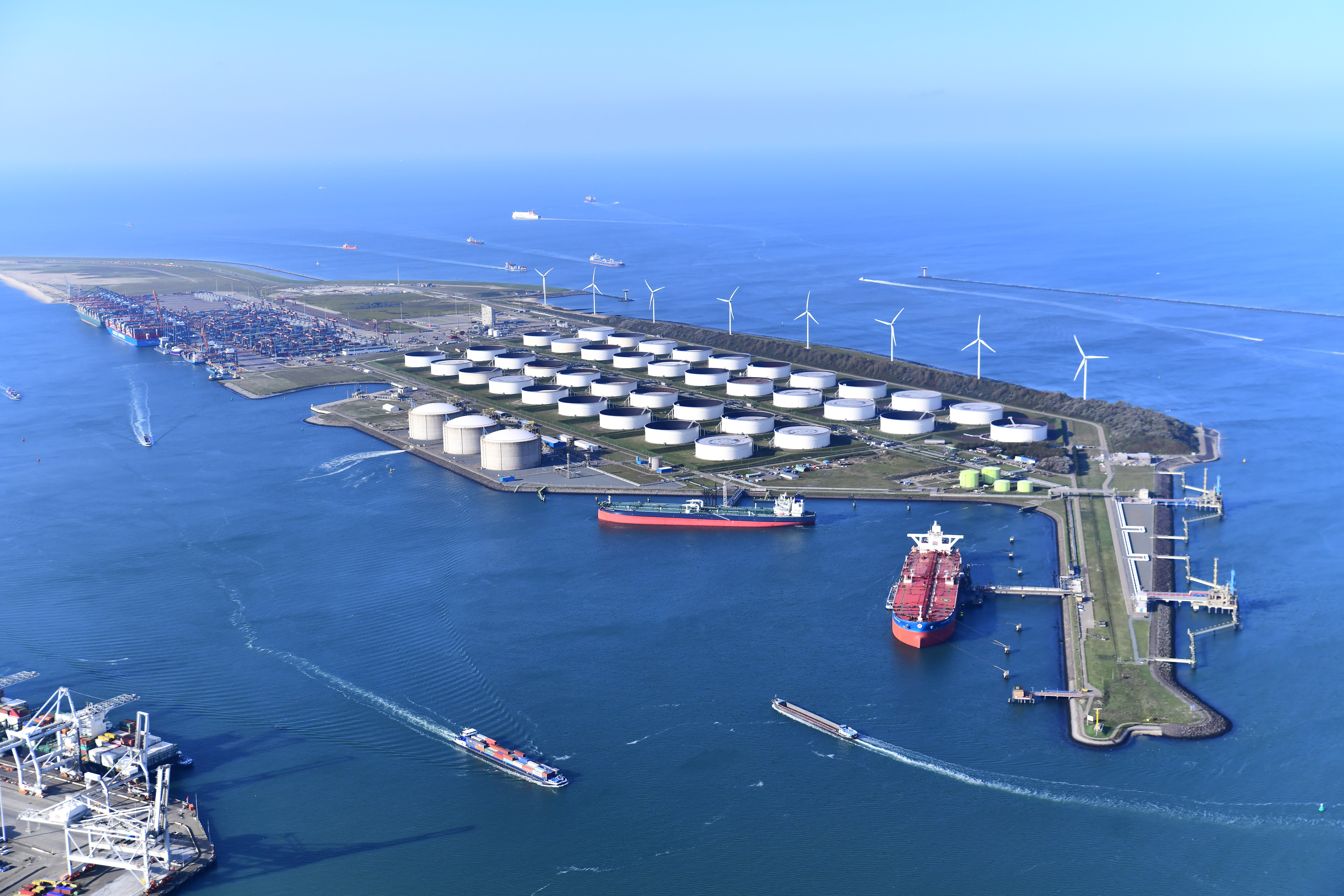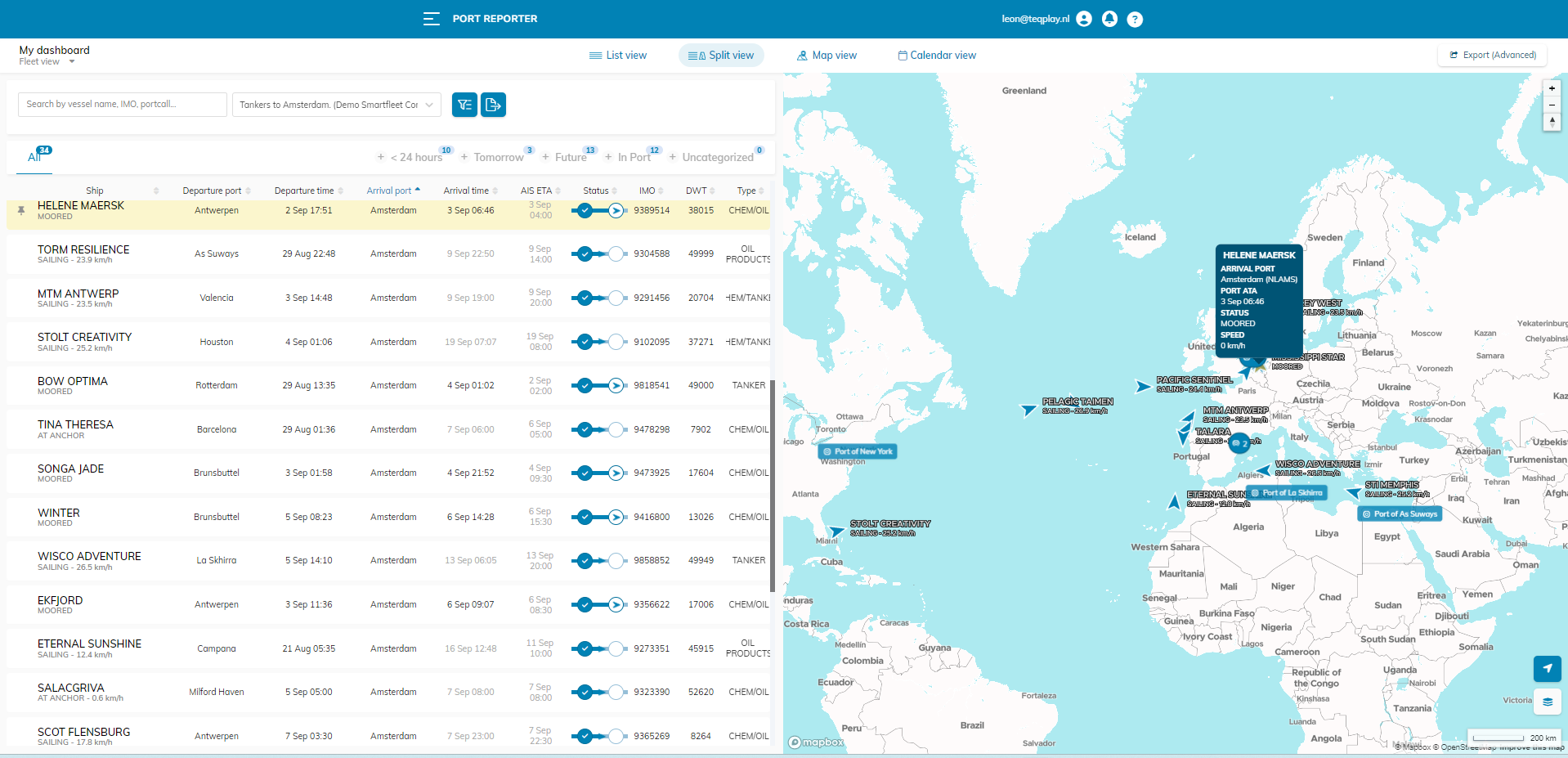Maritime Data Reliability: Operator-Entered Data vs. AIS Data
A common question from maritime stakeholders when it comes to the trustworthiness of data: is data from operators better than data from sources like AIS or other technology? In this Q&A session, Teqplay’s CTO Richard van Klaveren provides answers to this question and offers insight into the value of maritime data reliability.
A common question from maritime stakeholders when it comes to the trustworthiness of data: is data from operators better than data from sources like AIS or other technology? In this Q&A session, Teqplay’s CTO Richard van Klaveren provides answers to this question and offers insight into the value of maritime data reliability.
A common belief: data manually entered by operators is better for maritime data reliability?
In the maritime industry, data reliability is crucial for safe and efficient decision-making in operations. A common belief is that manually inputted data by operators holds greater trustworthiness than data derived from automated systems like AIS. However, a closer examination of this notion reveals complexities and nuances that challenge its validity.
The perceived superiority of operator-entered data rests on the assumption of their firsthand experience and domain knowledge. Operators are often trusted to provide accurate information due to their familiarity with the operational environment. Yet, this does not always equate to reliable data entry, especially during busy periods or at the end of shifts. Under such circumstances, operators may resort to guesswork or approximations, compromising the accuracy of their inputs. Human error, fatigue, and subjective biases can all contribute to inconsistencies in manually entered data.
The benefits of data from automated systems
In contrast, automated systems offer a consistent and reliable stream of data, unaffected by human limitations. Technologies like AIS operate continuously, providing real-time information without succumbing to fatigue or external influences. Automated data collection processes minimize the risk of errors inherent in manual inputs, thus enhancing maritime data reliability and integrity of the data produced.
Moreover, manual data entry is susceptible to typographical errors, which can have significant implications for decision-making and operational efficiency. Even minor discrepancies can propagate inaccuracies throughout the system, leading to misunderstandings or miscalculations. Automated systems excel in accuracy and precision, mitigating the risk of errors and ensuring data integrity.
The adoption of technological solutions within maritime operations presents an opportunity to enhance maritime data reliability and operational efficiency. Automation enables real-time monitoring, predictive analytics, and proactive decision-making based on accurate and consistent data inputs. By leveraging automated technologies, the maritime industry can navigate challenges with greater confidence and efficacy.
In short, while operator expertise is invaluable, the assumption that manually entered data is inherently superior warrants reevaluation. The reliability of data derived from automated systems like AIS challenges traditional perceptions and underscores the importance of embracing technological advancements in maritime operations. By prioritizing maritime data reliability and leveraging automation, the industry can enhance safety, efficiency, and sustainability in an ever-evolving maritime landscape.
Learn more about how to start your journey toward efficiency and operational excellence in maritime with Teqplay today.



